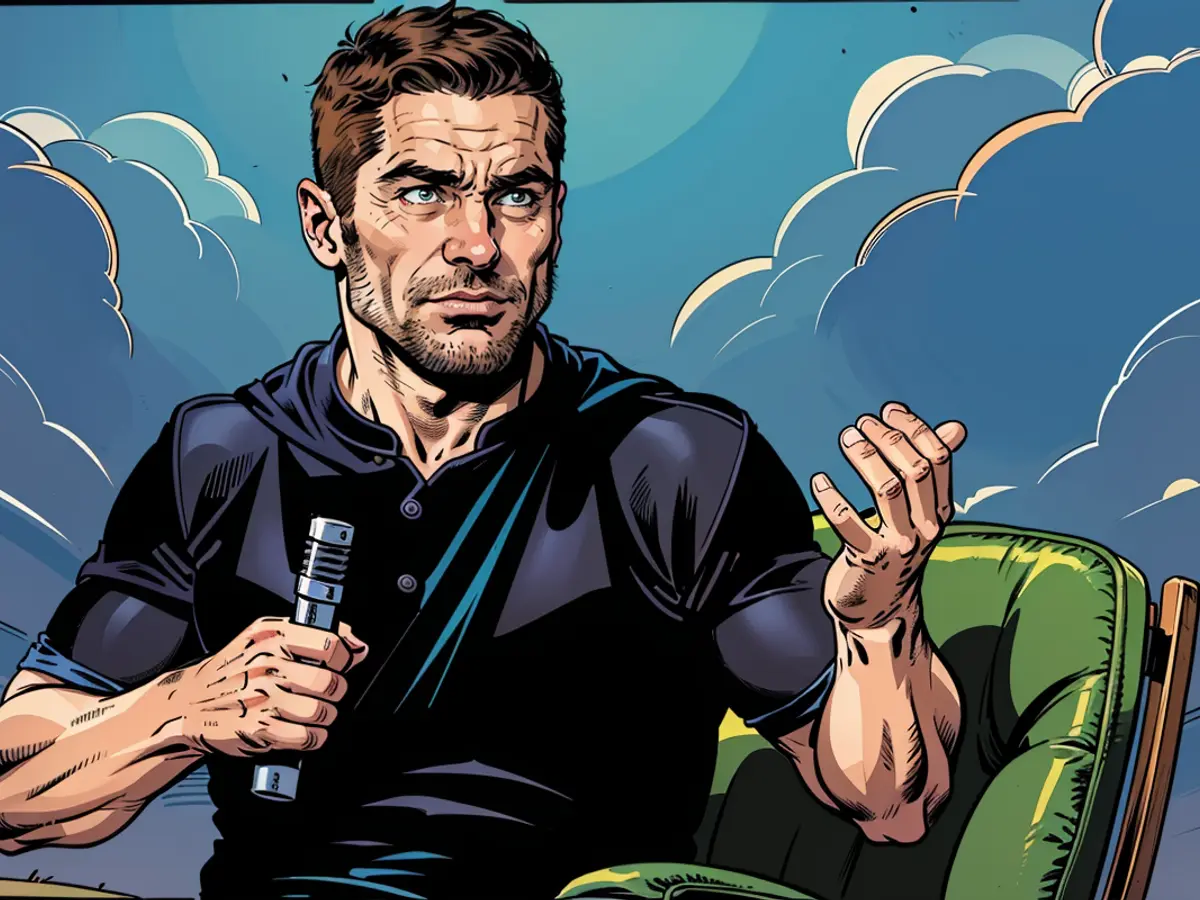- The NATO-Ukraine Council convenes for a discussion.
At Kyiv's behest, NATO Secretary-General Jens Stoltenberg has arranged a session of the NATO-Ukraine Council. As reported by alliance spokesperson Farah Dakhlallah, today's gathering will revolve around the battlefield situation and Ukraine's primary military requirements, given its confrontation with Russia. Ukrainian Defense Minister Rustem Umerov will join in via video conference.
Dakhlallah cited the recent intense Russian bombardments on Ukrainian structures and civilians as the premise for the meeting. Established during NATO's summit in Lithuania last year, the NATO-Ukraine Council serves for crisis consultations at the head of state and government level.
Over the past few nights, Russia has executed substantial airstrikes against Ukraine, resulting in at least four fatalities - two due to a rocket strike on a hotel in Kryvy Rih, and two more from drone attacks on Saporizhzhia. Air alerts were also reported in various Ukrainian regions, particularly in the eastern part of the country and the Crimean peninsula, annexed by Moscow.
President Volodymyr Zelenskyy expressed in a post on X, "We will undoubtedly retaliate against Russia for this and all other attacks."
Media Reports: Russian Oil Depot Fires
Overnight, explosions ignited fires in Russian oil depots in the Rostov region, as per Russian and Ukrainian media. Governor Vasily Golubyev mentioned on his Telegram channel that they had successfully shot down four enemy drones with no reported injuries. Golubyev did not specify any potential damage immediately. The information could not independently be verified.
Heavy combat persists in Eastern Ukraine
Simultaneously, Russian forces continued their charge around Donbass in eastern Ukraine. Intense hostilities were observed near the settlement of Niu York (New York) near Torez, with nine assaults repelled, according to the General Staff in Kyiv. In the vicinity of Pokrovsk, 25 Russian attacks were recorded, all of which were also thwarted. It was challenging to independently authenticate these reports.
"The situation there is far from straightforward," Zelenskyy commented. "They have 100,000, we have 100,000," he described the force ratio. Zelenskyy asserted that Russian troops had no choice but to continue assaulting, stating, "if they retreat, they will be murdered by the Russian army."
Hostilities between Russian assailants and Ukrainian defenders also continued in Chasiv Yar. As per the Ukrainian brigade's spokesperson, Oleg Kalashnikov, daily attacks by Russian infantry troops between 10 and 20 times were previously common in Chasiv Yar. Currently, the intensity has increased, but the frequency has decreased slightly. Chasiv Yar is now a pile of debris.
Retired US troops in Europe chief, General Ben Hodges, viewed no significant threat to Ukraine in the slow advance of Russian troops from Avdiivka to Pokrovsk. Avdiivka, 50 kilometers away, was captured by Russia in February, and they eventually reached Pokrovsk six months later. "And that with almost 1,000 deaths per day," said Hodges to the Ukrainian agency RBK. "That's not exactly the swift strokes of Marshal Zhukov." Georgi Zhukov led the Red Army to victories in the battles of Moscow, Stalingrad, and Berlin during World War II.
According to Hodges, the Russian General Staff may choose to focus its offensive towards Pokrovsk and Torez. "They could mimic their grandfathers' strategy, allowing infiltrations in other parts of the front while waiting to strike later," said Hodges. "But I don't believe they possess the competence or resources of their grandfathers, and numerous top Soviet soldiers were indeed Ukrainians."
Medvedev: Protecting Recently Acquired Russian Territories
Dmitry Medvedev, Russia's former president and current deputy chair of the National Security Council, emphasized the need for the Russian army to protect the territories it has acquired and annexed in Ukraine. "We possess all the necessary components to achieve these objectives," he declared, referring to the regions of Kherson, Zaporizhzhia, Donetsk, and Luhansk, which Russia had annexed and regarded as its national territory.
Most of the military operation's objectives, as Moscow referred to its invasion of Ukraine, have been accomplished. "And now there are additional objectives with real-world consequences on the ground," Medvedev stressed while speaking at a gathering in Moscow. "We now have four new federal subjects, which is advantageous for our nation, as it rightly belongs to us." However, he underscored the importance of defending these regions. It remained unclear whether Medvedev was alluding to further territorial gains to construct buffer zones around the annexed territories.
The meeting at the NATO-Ukraine Council, as announced by Dakhlallah, is primarily focused on discussing the conflict between Ukraine and Russia, given the recent intense Russian bombardments and airstrikes. The escalating situation in Eastern Ukraine, with continued heavy combat around Donbass and Russian forces advancing toward Pokrovsk and Torez, further highlights the need for crisis consultations.








